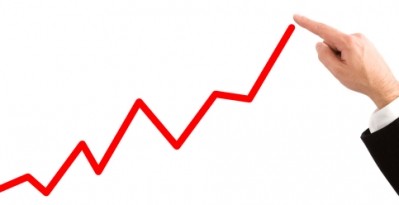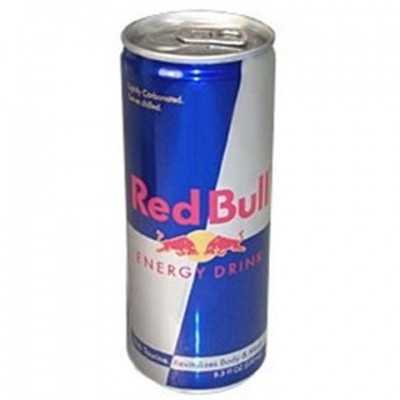Australian food industry pushes health claims self-regulation

Australian Food and Grocery Council’s (AFGC) acting chief executive Dr Geoffrey Annison told FoodNavigator-Asia it has proposed self regulation to a government forum on the matter.
“The AFGC has proposed for discussion a process for both pre-approval [by regulators] and self-substantiation [by industry] for general level health claims,” said Annison.
“For both levels the required evidence would be the same in that regulators and industry need to prove the claims with scientific evidence,” he added.
Explaining the process of self-substantiated claims, Annison said that the industry would be required to complete a dossier and register the claims with the regulator.
“If there was doubt regarding the claims, States and Territories or the regulator can request a copy of the dossier for assessment. This process would be different and more regulated then the process now and will provide consumers with confidence that the claims made on food are valid,” he said.
This is a departure from the draft Health Claims Standard released in February, which recommended all health claims on food packaging would have to be pre-approved by Food Standards Australia and New Zealand (FSANZ).
A win for the industry
The AFGC then rejected the proposed standard in its entirety saying that fruit juice, canned fish and dairy health claims would be barred due to fat, sugar or salt levels exceeding mandatory thresholds and that it was a threat to healthy food innovation in the country at a time when jobs were under threat.
“With any change to regulation consideration must be given to the cost/benefit of the proposed regulation. Changing labels is one such cost which must be considered under this proposal,”Annison remarked.
The re-admitting of self-regulation as an option by the panel is being seen as a win for the industry and is naturally upsetting health and consumer right activist groups in Australia.
Matt Levey, head of campaigns at consumer watchdog CHOICE, told FoodNavigator-Asia the group backed the original draft that called for pre-market approval of claims.
“Food manufacturers use health claims to sell products and we think marketers are likely to push the boundaries on new claims,” he said.
“The European experience, where the European Food Safety Authority (EFSA) has approved just 222 of the almost 3000 claims proposed by industry, suggests a considerable disconnect between the views of food manufacturers and regulators on what amounts to scientific substantiation,” he pointed out.
Second option on the table too
Annison said that the government has identified a number of other options for consideration and is consulting with interested stakeholders from industry and public health areas to determine the most feasible option.
One suggestion is assessing claims listed on the register after a certain period of time (perhaps three years) should the claim and food product be accepted in the marketplace, said Annison.
However no health group is yet backing this option, although Michael Moore, the chief executive of the Public Health Association of Australia, said health and consumer groups were trying to find the “least worst solution that still protects health.”



















